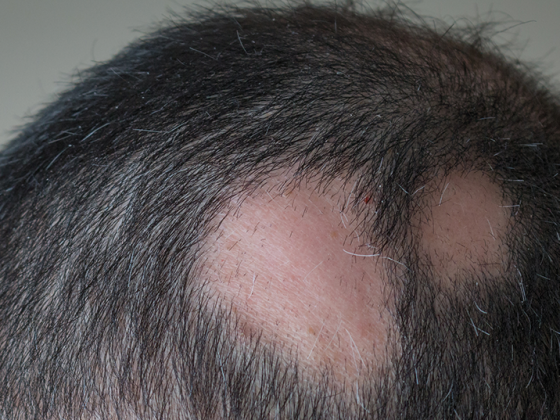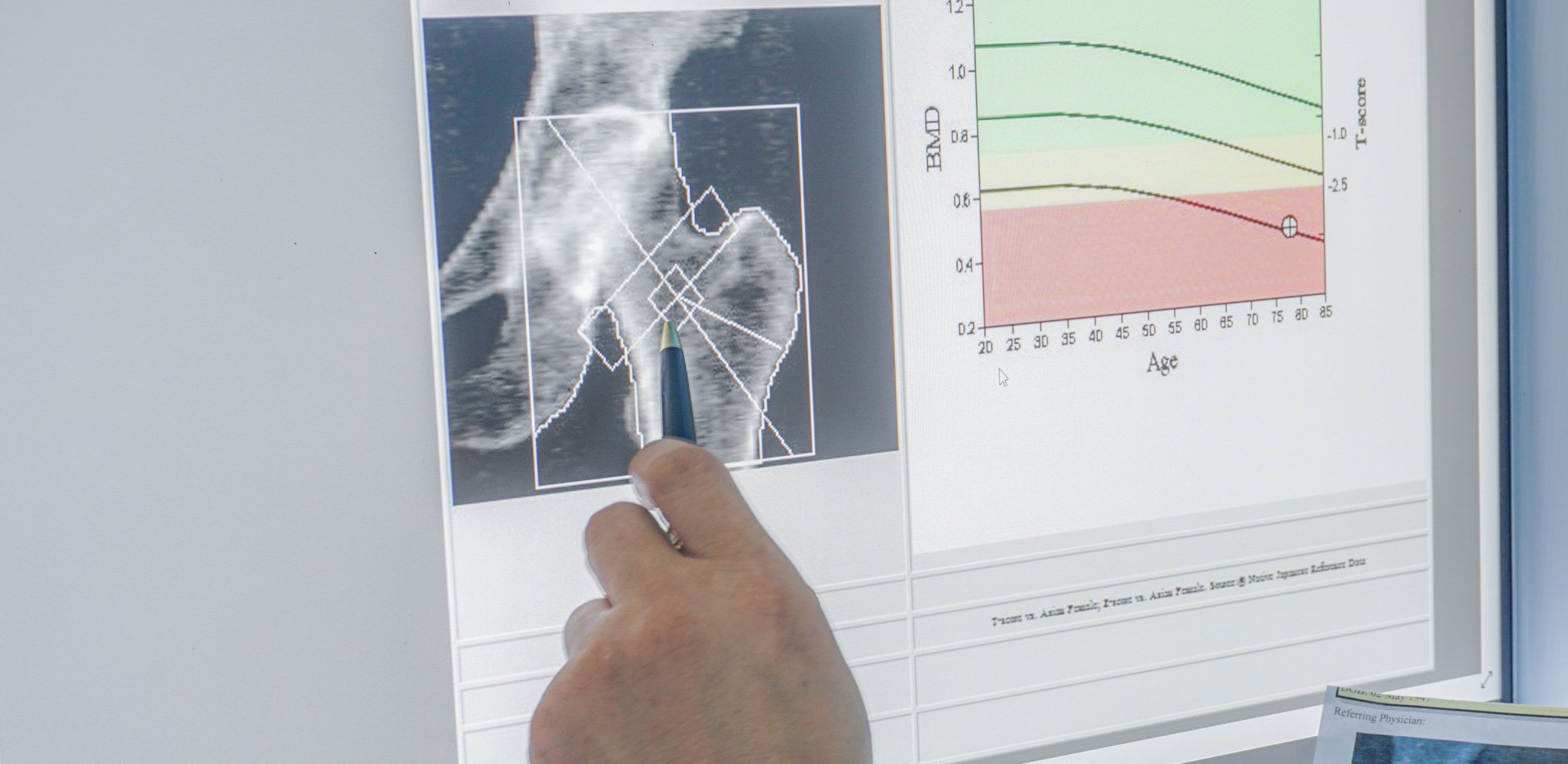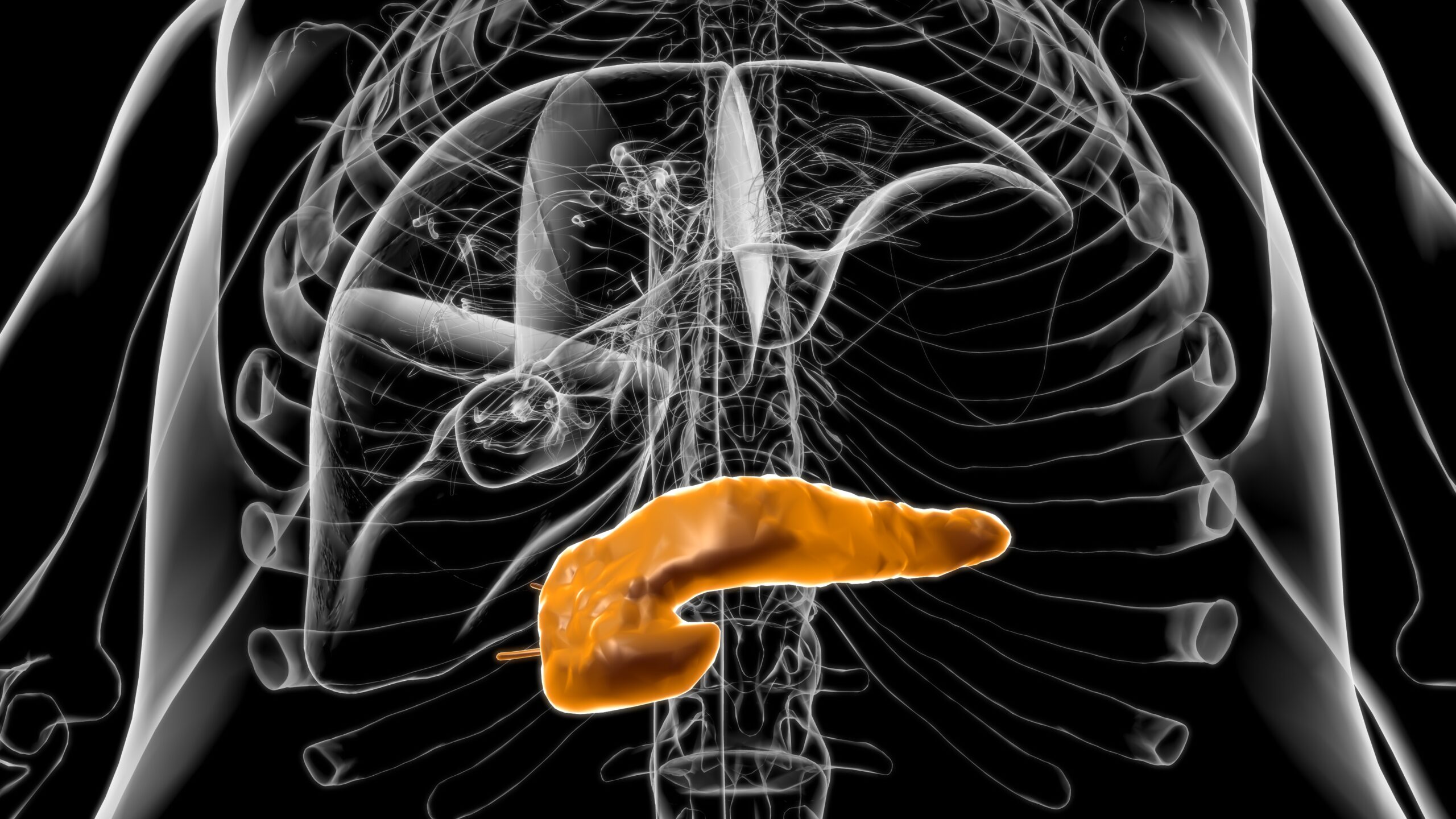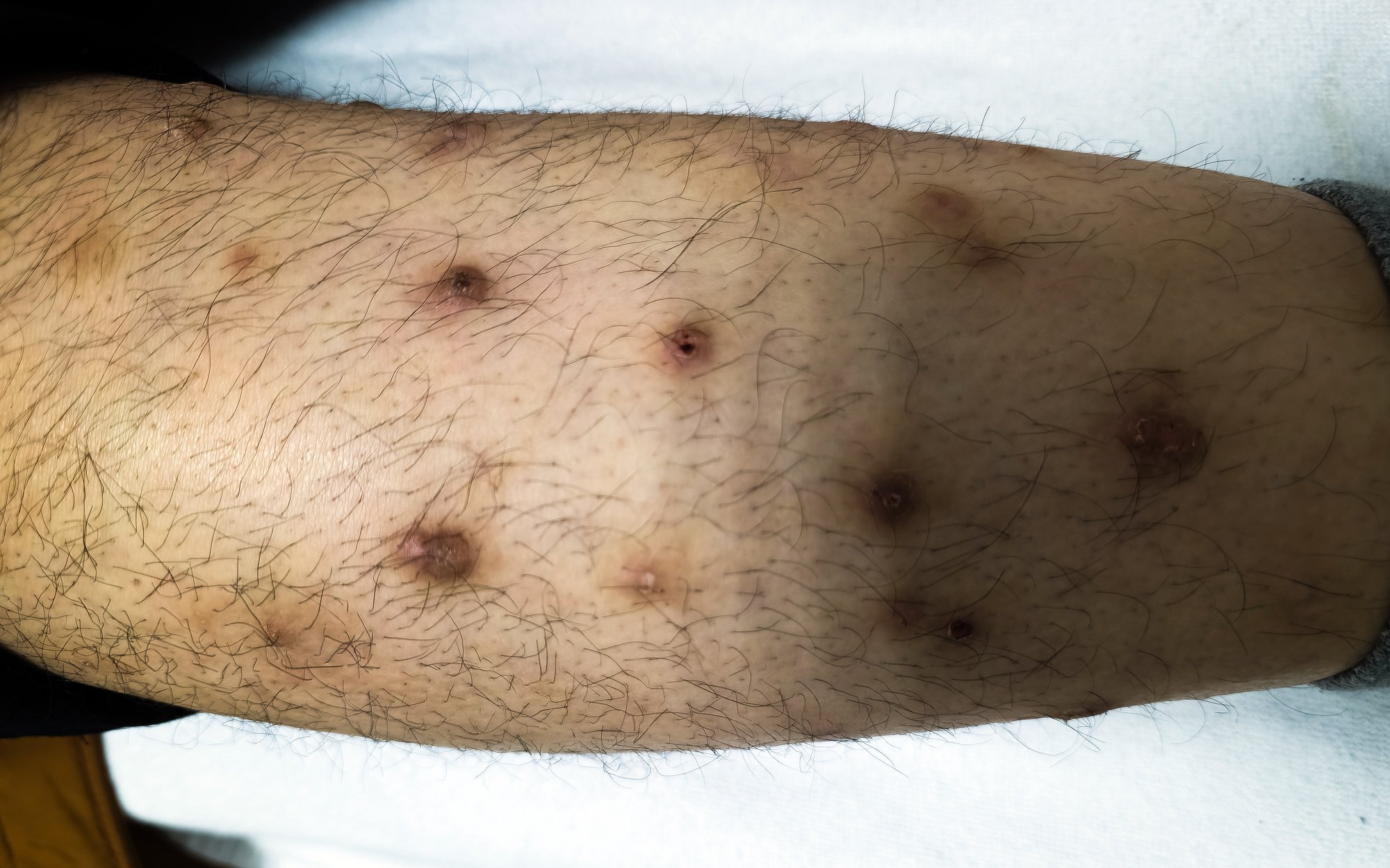Attention-deficit/hyperactivity disorder is one of the most common child psychiatric disorders. After reliable diagnosis, it requires equally reliable treatment management. But what to do when the gold standard methylphenidate does not achieve the desired effect? Current study data now attest to good efficacy and tolerability of dexamfetamine in everyday practice, even in long-term use.
The phenomenon of Attention Deficit Hyperactivity Disorder (ADHD) is not new: Doctors and educators have been dealing with the symptoms of this disease for a long time. Patients with ADHD cannot adequately “filter” the information from and in their environment. Concentration and sustained attention are disturbed by constantly new stimuli. Structured actions and orderly daily routines are also impaired. According to this, the disorder is based on the three core symptoms of attention deficit disorder, impulsivity and hyperactivity.
The development of ADHD, like many other psychiatric disorders, is a multifunctional process with several possible causes. The neurobiological cause is thought to be faulty impulse processing between cortical and subcortical structures in the brain. The pathophysiological correlate is thought to be a disturbance in neurotransmitter metabolism, particularly in dopamine and norepinephrine. The disease is so far not curable, but well treatable. Therapy management is based on a multimodal concept. The essential goal is the normalization of everyday life or at least the reduction of impairments. At the same time, the patient should learn to use his own abilities.
Age-appropriate therapy strategy
Essentially, treatment is based on psychoeducation, behavioral therapy, and drug therapy. Which measures are implemented to what extent depends on the age of the child. For toddlers up to five years of age, the focus is on counseling and training parents in dealing with their children, as well as ergo- and remedial education measures. Even with school children, the first step is education, counseling and coaching. However, the importance of behavioral therapy is increasing.
Drug therapy with stimulants is also of great importance. In particular, the use of methylphenidate is considered the drug of choice from the age of six due to its proven efficacy. The dosage is individually adapted to each patient. Depending on the duration of action of the drug and the child’s daily routine and compliance. However, not every child responds sufficiently to the therapy or tolerates it optimally. In that case, dexamfetamine can be resorted to. As a non-interventional study (NIS) has now shown, this allows for a well effective and tolerable long-term therapy.
Convincing in clinical practice
The objective of the NIS was to evaluate the long-term efficacy and safety of dexamfetamine (DEX) in children and adolescents with ADHD under routine conditions. Included were 140 patients aged six to 17 years whose clinical response to previous methylphenidate (MPH) therapy proved inadequate and who had no contraindication to DEX. It was found that a treatment response was observed in a total of 78.1% of patients. The proportion of patients complaining of “fairly significant” or “very significant” impairment decreased from 70.3/23.%/23,9% to 15.1/1%/1,2%. The most common adverse effects were decreased appetite in 5.0% and depressed mood in 2.2% of patients, with most effects being mild or moderate. Thus, good efficacy with good tolerability could also be demonstrated under everyday conditions.
Congress: Update ADHD
Further reading:
- Uebel-von Sandersleben H, Dangel O, Fischer R, et al: Effectiveness and safety of dexamphetamine sulfate (Attentin®) in the routine treatment of children and adolescents with ADHD: results from a 12-month non-interventional study. Scandinavian Journal of Child and Adolescent Psychiatry and Psychology 2021; 9: 73-86.
InFo NEUROLOGY & PSYCHIATRY 2021; 19(3): 43 (published 7.6.21, ahead of print).











